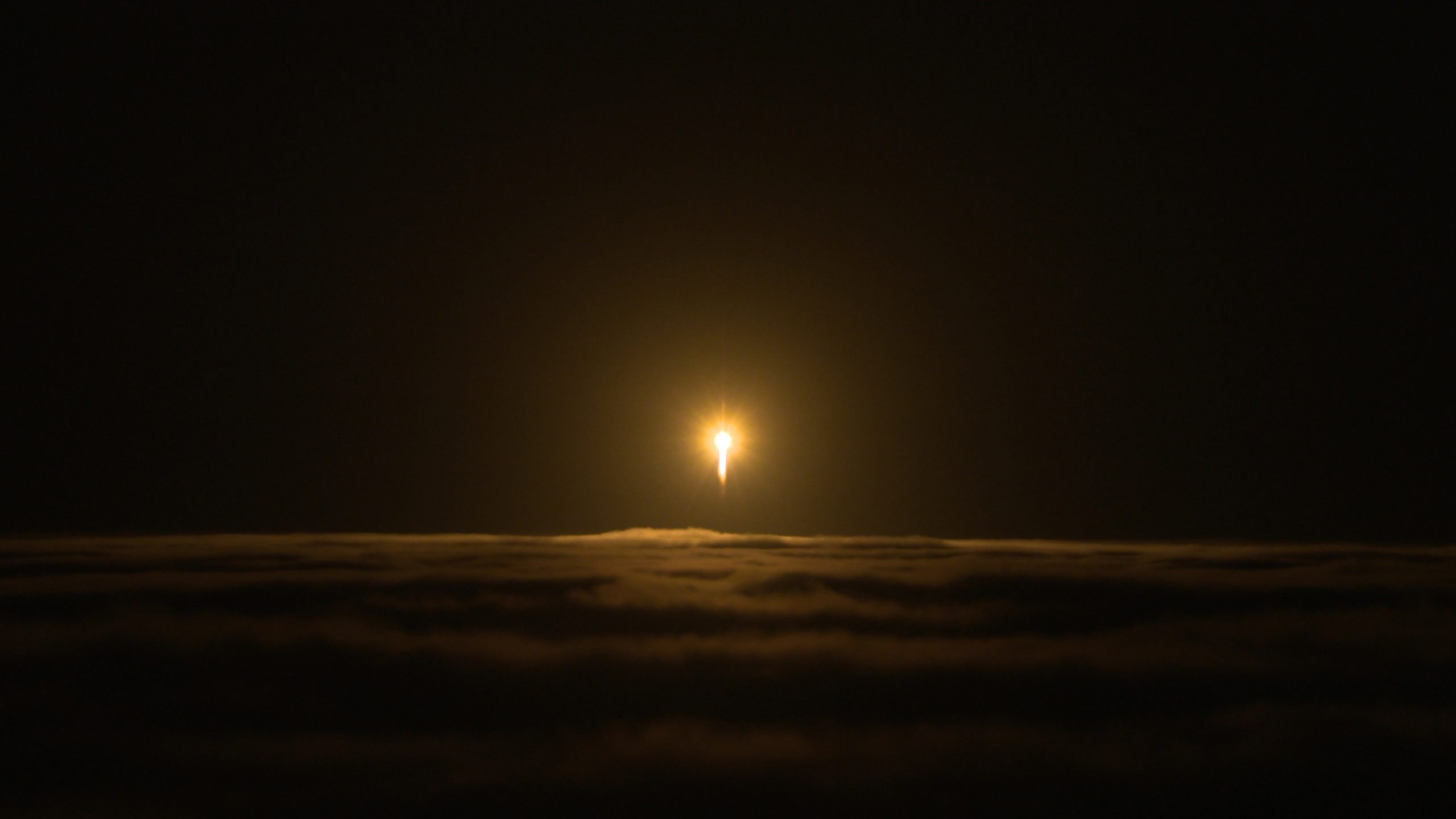
Launch Services
NASA’s Launch Services Program (LSP) was established at Kennedy Space Center to support the agency’s expendable launch vehicle (ELV) missions. The principal objectives of the LSP are to provide safe, reliable, cost-effective and on-schedule launch services for NASA and NASA-sponsored scientific and applications payloads seeking launch on ELVs. LSP acts as a broker, matching spacecraft with launch vehicles. Once the right vehicle is selected, LSP buys that spacecraft a ride to space and works to ensure mission success. LSP provides technical guidance from pre-mission planning to the post-launch phase of the spacecraft. If not for LSP, customers would be required to provide their own commercial launch license, vehicle provider, research and development, payload processing facility, as well as airspace coordination and monitoring capability.
ELVs can accommodate all types of orbit inclinations and altitudes and are ideal rockets for launching Earth-orbit and interplanetary missions. The expendable launch vehicles that NASA has available for its science, Earth-orbit and interplanetary missions are United Launch Alliance’s Atlas V, Space X’s Falcon 9 and Falcon Heavy, and Orbital Sciences Corp.’s Pegasus.
LSP also manages the CubeSats selected by NASA’s CubeSat Launch Initiative. Once manifested on a launch vehicle the CubeSats are assigned as an Educational Launch of Nanosatellies (ELaNa) mission. These missions aim to attract and retain students in the science, technology, engineering and mathematics disciplines. ELaNa reaches students by introducing educational spaceflight in high schools and colleges across the United States.